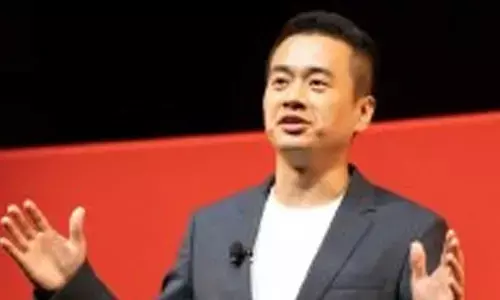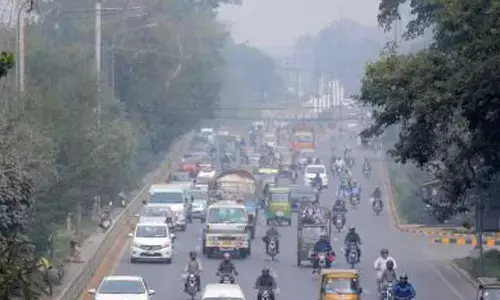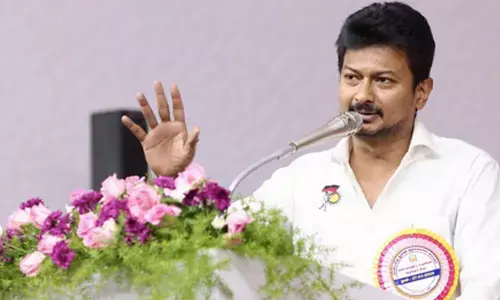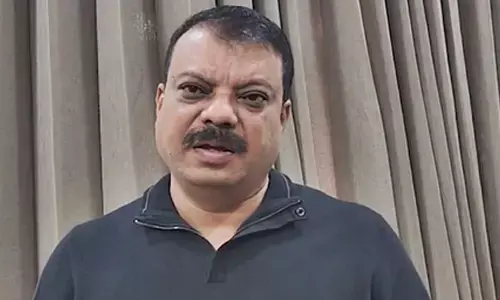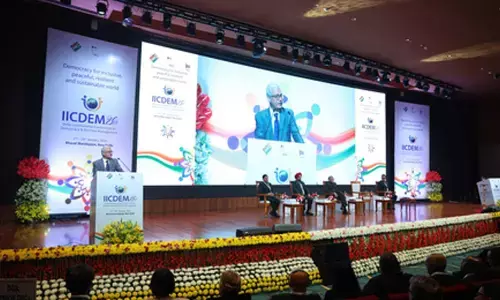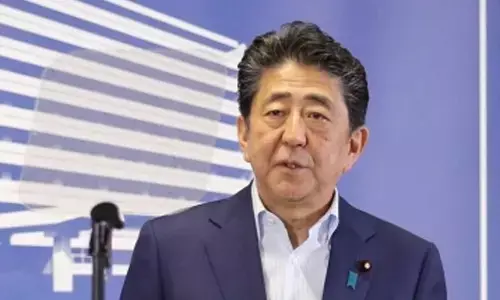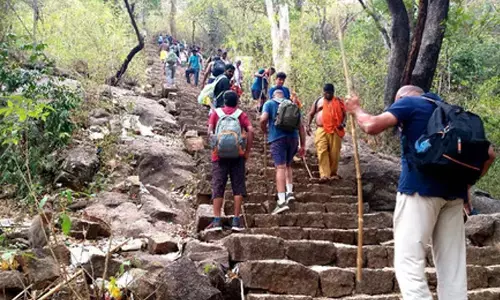Sher-e-Kashmir
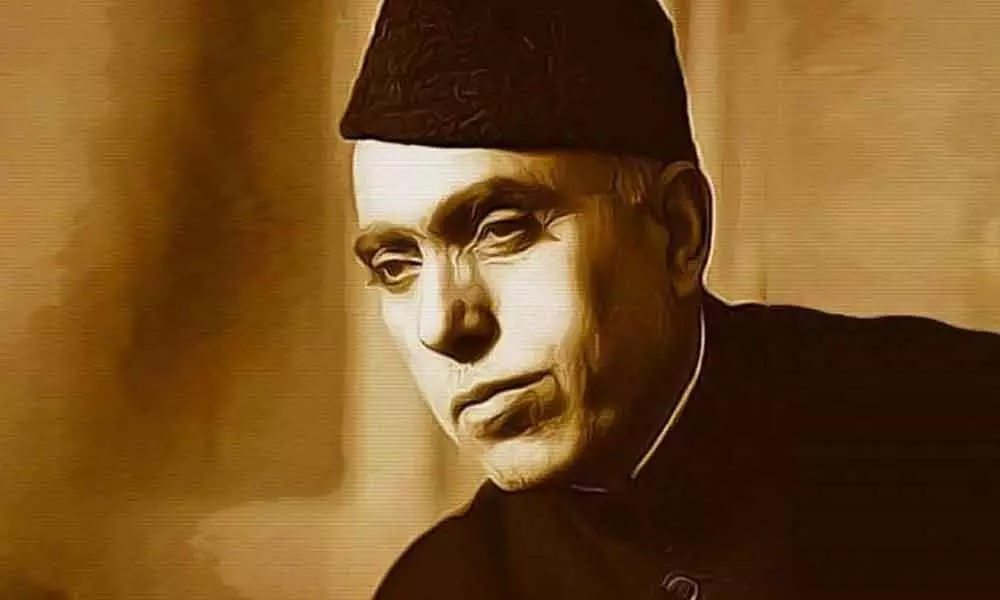
Sheikh Abdullah
History of Kashmir has been full of crisis from 1947 to date. It has seen more of turbulence than development. Hence while trying to understand who did what for the state in their capacity as Chief Ministers; one needs to delve into the developments that took place since India attained Independence.
History of Kashmir has been full of crisis from 1947 to date. It has seen more of turbulence than development. Hence while trying to understand who did what for the state in their capacity as Chief Ministers; one needs to delve into the developments that took place since India attained Independence.
When India got its Independence in 1947, the state of Jammu and Kashmir was under the rule of Maharaja Hari Singh. A delay in decision making by the Maharaja on whether to join India or Pakistan led to invasion in October 1947 from neighbouring Waziristan which is in Pakistan region. With no option left, the Maharaja sought military assistance from Government of India. Later he signed the instrument of Accession with Government of India.
Sheikh Abdullah who later became the chief minister of the state more than once was appointed as the Emergency Administrator of the state of Jammu and Kashmir by the Maharaja. India referred the Jammu and Kashmir dispute to United Nations Security Council on January 1 1948. (Many argue that this was a mistake by the then Government) but then it is a matter of debate.
On March 5, 1948, Sheikh Mohammed Abdullah was appointed as prime minister of an interim government in the state of Jammu and Kashmir by Maharaja Hari Singh.
On August 8, 1953, Prime Minister Sheikh Mohammed Abdullah was dismissed by Dr. Karan Singh, the then head of state of Jammu and Kashmir. Bakshi Ghulam Mohammed was appointed as prime minister on August 9, 1953. That same day, Sheikh Mohammed Abdullah was arrested and imprisoned. Some 70 individuals were killed in protests following the arrest of Sheikh Mohammed Sher-e-Kashmir
Abdullah
Kashmir was formally adopted by a Constituent Assembly on November 17, 1956, and the Constitution came into force on January 26, 1957. Elections were held in the state of Jammu and Kashmir from February 24 to March 25, 1957, and the Jammu & Kashmir National Conference (JKNC) won 68 out of 75 seats in the Legislative Assembly.
On 30, 1965, the position of prime minister was changed to chief minister. The Jammu & Kashmir National Conference (JKNC) merged with the Indian National Congress (INC) on June 6, 1965.
Armed insurgents from Pakistan attacked government installations, government police, and government troops in the state of Jammu and Kashmir beginning on August 5, 1965.
Prime Minister Indira Gandhi signed the Kashmir Accord on November 13, 1974 which is also known as article 370. The agreement restated the conditions of Jammu and Kashmir's incorporation into India since 1953 with a clause that the state's administration would be maintained under Article 370. Article 35A of the Indian constitution, which was part of Article 370 gave some special privileges to the people of the state
With the support of the Indian National Congress (INC), Sheikh Mohammed Abdullah formed a government as Chief Minister on February 25, 1975. The Jammu & Kashmir National Conference (JKNC) was re-established as an independent political party in the state of Jammu and Kashmir in July 1975. The Indian National Congress (INC) withdrew its support for the government on March 16, 1977. Chief Minister Sheikh Mohammed Abdullah resigned, and the state of Jammu and Kashmir was placed under presidential rule on March 17, 1977.








